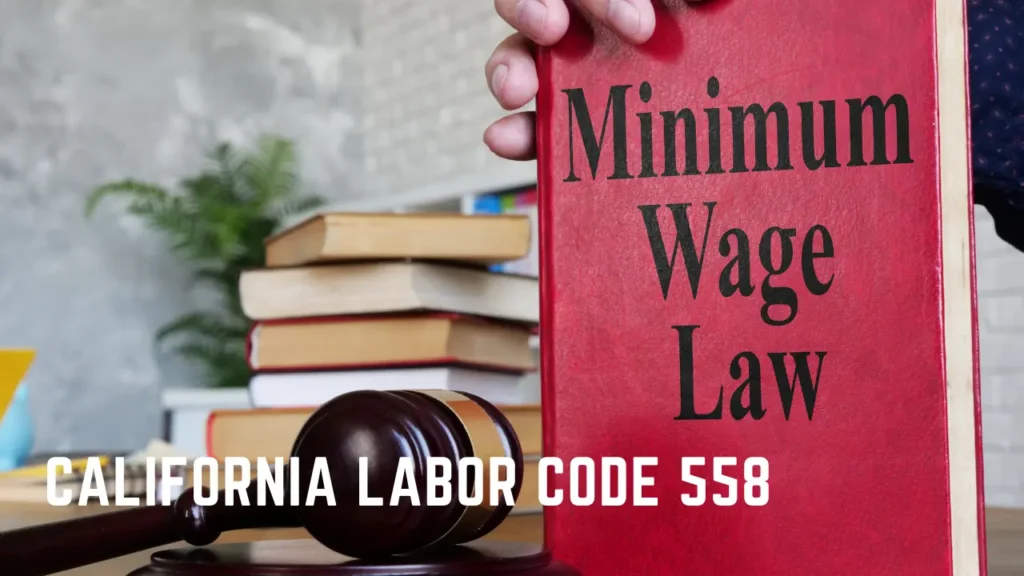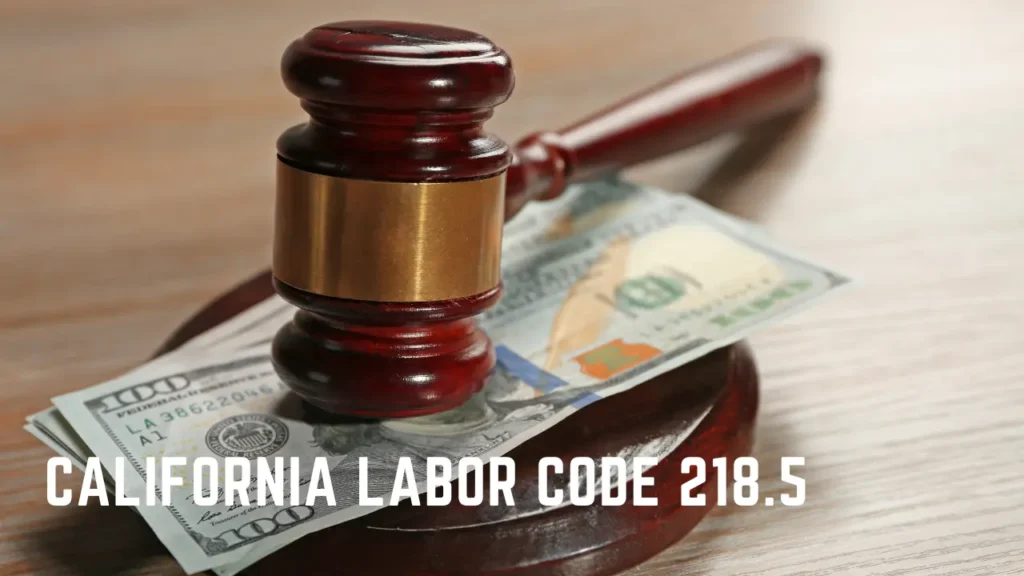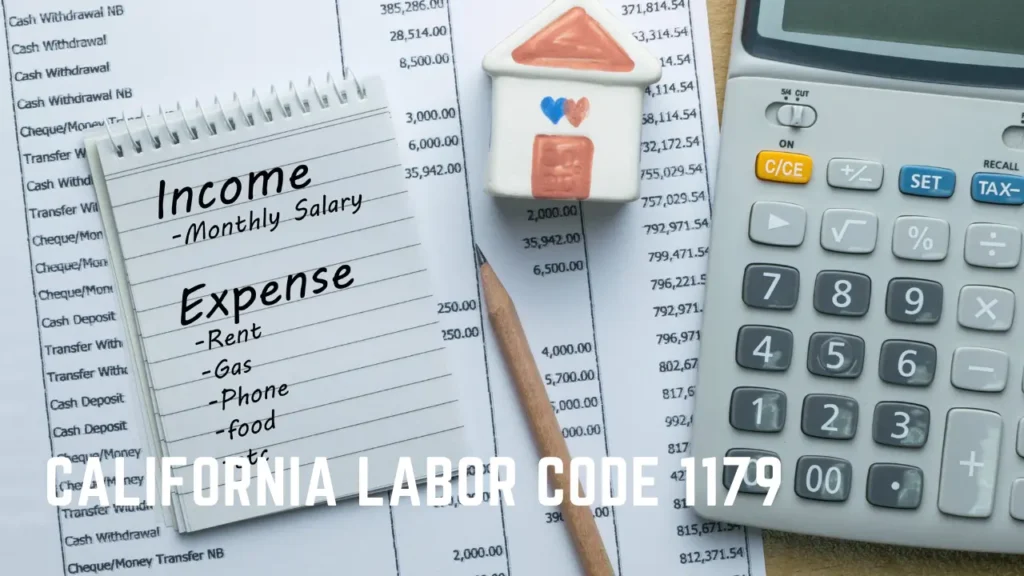Table of Contents
ToggleThis discussion will explore the complexities of gender discrimination within the context of California’s legal landscape, providing an in-depth understanding of the state’s anti-discrimination laws, mechanisms for ensuring equal pay, and the often subtle signs of gender discrimination.
Furthermore, we will guide you through the procedural intricacies of filing a complaint and subsequent lawsuit, demystifying the roles of state and federal agencies in upholding these laws.
As we navigate this legal maze, we aim to arm you not only with knowledge but also with the capability to recognize, challenge, and ultimately seek redress against gender discrimination.
Stay with us as we embark on this informative journey.
Understanding California’s Anti-Discrimination Laws
To fully comprehend the stringent standards set by California’s anti-discrimination laws, it is imperative to delve into the key legal frameworks such as the California Fair Pay Act, the Equal Pay Act of 1949, and the Fair Employment and Housing Act, all of which adamantly prohibit any form of gender discrimination in various professional practices.
These laws guard against gender-based prejudices in all employment facets including hiring, firing, training selection, compensation, and working conditions. Gender identity, pregnancy, childbirth, and breastfeeding are also protected. Unions and labor organizations are not exempt from these prohibitions.
Emphasizing the eradication of gender-based stereotypes, these laws promote equal work opportunities, hence fostering a fair, inclusive, and nondiscriminatory professional environment in California.
Equal Pay Regulations in California
In a tireless endeavor to ensure wage fairness, California enforces stringent equal pay requirements, mandating that employers provide equivalent compensation for substantially similar work performed under similar conditions. These regulations, underpinned by the California Fair Pay Act, aim to eradicate gender-based wage gaps.
Employers may justify pay differentials only on grounds of merit, seniority, a system that measures earnings by quantity or quality of production, or a bona fide factor unrelated to gender. The burden of proof rests on employers to demonstrate that these wage differentials are job-related and consistent with business necessity.
Violations of these laws can result in liability for unpaid wages, interest, and potential liquidated damages. This robust framework reinforces California’s commitment to gender equity in the workplace.
Recognizing Gender Discrimination Signs
While ensuring equal pay is a significant step towards achieving gender equity, it is equally crucial to understand and identify signs of gender discrimination, an insidious practice that often goes unnoticed in the workplace. Discrimination might not necessarily be overt; it can subtly manifest through disparate treatment or impact based on gender.
It’s important to stay vigilant for patterns of bias in hiring, promotion, compensation, and working conditions. Employers’ justifications for these practices must be job-related and not perpetuate sex-based disparities. Furthermore, any questions related to gender or physical attributes must not lead to discrimination and should apply universally.
Recognizing these signs is the first step towards challenging gender discrimination and fostering a fair, inclusive work environment.
Procedure to File Discrimination Complaints
Navigating the process of filing a gender discrimination complaint is crucial for individuals seeking justice and workplace equality. In California, the procedure entails several detailed steps:
- Firstly, identifying instances of discrimination is crucial. This requires knowledge of what constitutes gender discrimination under the law.
- Secondly, record all incidents, including dates, locations, and witnesses. This evidence can strengthen your case.
- Thirdly, report the incidents to your employer or Human Resources Department. They are legally obligated to address these issues.
- Fourthly, if your employer fails to take corrective action, contact the California Department of Fair Employment and Housing (DFEH) to file a formal complaint.
- Lastly, consider seeking legal counsel. A skilled attorney can guide you through the complex legal process and advocate for your rights.
Legal Rights and Lawsuit Procedures
As one seeks to challenge gender discrimination legally in California, understanding your inherent rights and the procedures for filing a lawsuit is of paramount importance.
The first step is to submit a pre-complaint inquiry within three years of the incident. California law offers broader protections than federal law, and you have the right to sue if you have received a right-to-sue notice. It is important to know that you are protected against retaliation for opposing discrimination.
Available damages include back pay, benefits, attorneys’ fees, and costs. The entire process is governed by the Fair Employment and Housing Act. It is advised to consult with an attorney to help navigate the complexities of the legal system and ensure your rights are upheld.
Available Damages and Protection Against Retaliation
In the event of a successful gender discrimination lawsuit in California, plaintiffs are entitled to a range of damages including back pay, benefits, and coverage of attorneys’ fees and costs, providing a tangible remedy for the injustice they have suffered.
- Emotional Distress Damages: Compensation for mental anguish caused by discriminatory practices.
- Punitive Damages: A financial penalty to discourage the perpetrator and others from similar behavior.
- Injunctive Relief: A court order that mandates changes in the company’s discriminatory practices.
- Reinstatement: The victim may be restored to their former position if they were unlawfully terminated or demoted.
- Protection Against Retaliation: California law strictly prohibits retaliation against employees who assert their rights, bringing peace of mind to those seeking justice.
Conclusion
In conclusion, understanding California’s anti-discrimination laws, and equal pay regulations, and recognizing signs of gender discrimination are essential steps in combating this issue. Familiarity with the complaint filing procedure, legal rights, lawsuit procedures, damages, and protections against retaliation can empower victims and encourage employers to maintain fair work environments.
This knowledge can be instrumental in fostering an inclusive workforce, minimizing litigation risks, and promoting equity and justice within California’s employment sector.















